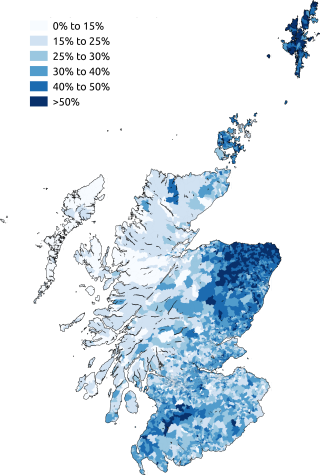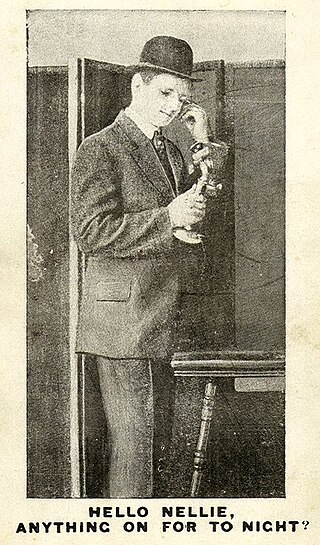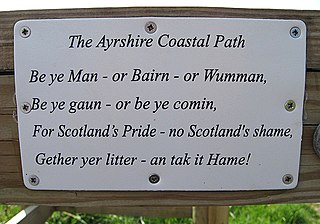A thesaurus, sometimes called a synonym dictionary or dictionary of synonyms, is a reference work which arranges words by their meanings, sometimes as a hierarchy of broader and narrower terms, sometimes simply as lists of synonyms and antonyms. They are often used by writers to help find the best word to express an idea:
...to find the word, or words, by which [an] idea may be most fitly and aptly expressed
Jargon or technical language is the specialized terminology associated with a particular field or area of activity. Jargon is normally employed in a particular communicative context and may not be well understood outside that context. The context is usually a particular occupation, but any ingroup can have jargon. The key characteristic that distinguishes jargon from the rest of a language is its specialized vocabulary, which includes terms and definitions of words that are unique to the context, and terms used in a narrower and more exact sense than when used in colloquial language. This can lead outgroups to misunderstand communication attempts. Jargon is sometimes understood as a form of technical slang and then distinguished from the official terminology used in a particular field of activity.

Scots is an Anglic language variety in the West Germanic language family, spoken in Scotland and parts of Ulster in the north of Ireland. Most commonly spoken in the Scottish Lowlands, Northern Isles, and northern Ulster, it is sometimes called Lowland Scots to distinguish it from Scottish Gaelic, the Goidelic Celtic language that was historically restricted to most of the Scottish Highlands, the Hebrides, and Galloway after the sixteenth century; or Broad Scots to distinguish it from Scottish Standard English. Modern Scots is a sister language of Modern English, as the two diverged independently from the same source: Early Middle English (1100–1300).
Scotch is an adjective in English, meaning "of or from Scotland". Many Scots dislike the term Scotch and some consider it offensive. The modern usage in Scotland is Scottish or Scots, and the word Scotch is now only applied to specific products, mostly food or drink, such as Scotch whisky, Scotch pie and Scotch broth.
This is a list of British words not widely used in the United States. In Commonwealth of Nations, Malaysia, Singapore, Hong Kong, Ireland, Canada, New Zealand, India, South Africa, and Australia, some of the British terms listed are used, although another usage is often preferred.
This is a list of American words not widely used in the United Kingdom. In Canada and Australia, some of the American terms listed are widespread; however, in some cases, another usage is preferred.
Scottish English is the set of varieties of the English language spoken in Scotland. The transregional, standardised variety is called Scottish Standard English or Standard Scottish English (SSE). Scottish Standard English may be defined as "the characteristic speech of the professional class [in Scotland] and the accepted norm in schools". IETF language tag for "Scottish Standard English" is en-scotland.
"Feck" is a word that has several vernacular meanings and variations in Irish English, Scots, and Middle English.
In Scotland, Handsel Monday or Hansel Monday is the first Monday of the year. Traditionally, gifts were given at this time.

A humbug is a person or object that behaves in a deceptive or dishonest way, often as a hoax or in jest. The term was first described in 1751 as student slang, and recorded in 1840 as a "nautical phrase". It is now also often used as an exclamation to describe something as hypocritical nonsense or gibberish.
A referent is a person or thing to which a name – a linguistic expression or other symbol – refers. For example, in the sentence Mary saw me, the referent of the word Mary is the particular person called Mary who is being spoken of, while the referent of the word me is the person uttering the sentence.
A bogle, boggle, or bogill is a Northumbrian and Scots term for a ghost or folkloric being, used for a variety of related folkloric creatures including Shellycoats, Barghests, Brags, the Hedley Kow and even giants such as those associated with Cobb's Causeway. They are reputed to live for the simple purpose of perplexing mankind, rather than seriously harming or serving them.
The Dictionary of the Scots Language (DSL) is an online Scots–English dictionary, now run by Dictionaries of the Scots Language, formerly known as Scottish Language Dictionaries, a registered SCIO charity. Freely available via the Internet, the work comprises the two major dictionaries of the Scots language:

Hello is a salutation or greeting in the English language. It is first attested in writing from 1826.

Northumbrian dialect refers to any one of several traditional English dialects spoken in the historic counties of Northumberland and County Durham. The term 'Northumbrian' can refer to the region of Northumbria but can also refer specifically to the county of Northumberland. This article focuses on the former definition and thus includes varieties from throughout the wider region, including Durham as well as Northumberland.

Modern Scots comprises the varieties of Scots traditionally spoken in Lowland Scotland and parts of Ulster, from 1700.
Coorie is a Scots word meaning "to stoop, bend, cringe, crouch for protection" and "to snuggle, nestle." It has been appropriated and positioned as a "lifestyle trend," similar to the Scandinavian concept of hygge, which involves ideas such as cosiness.




